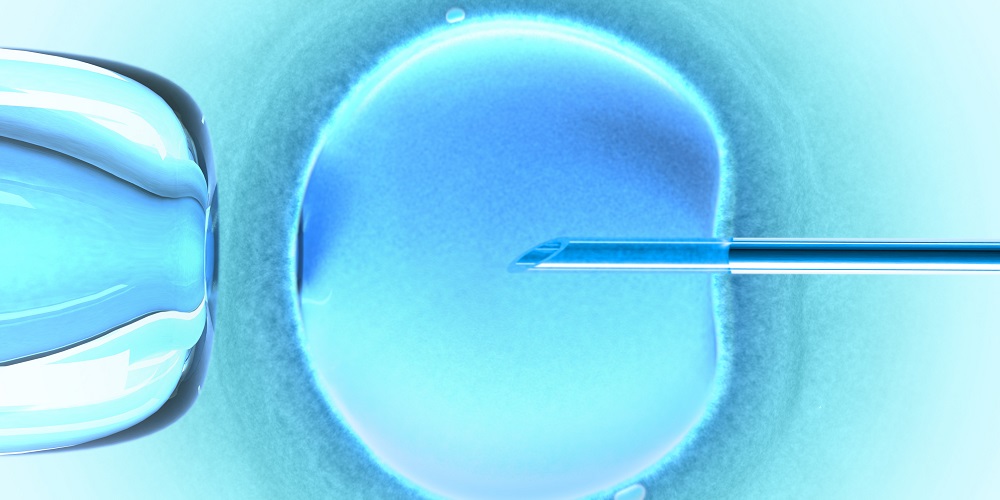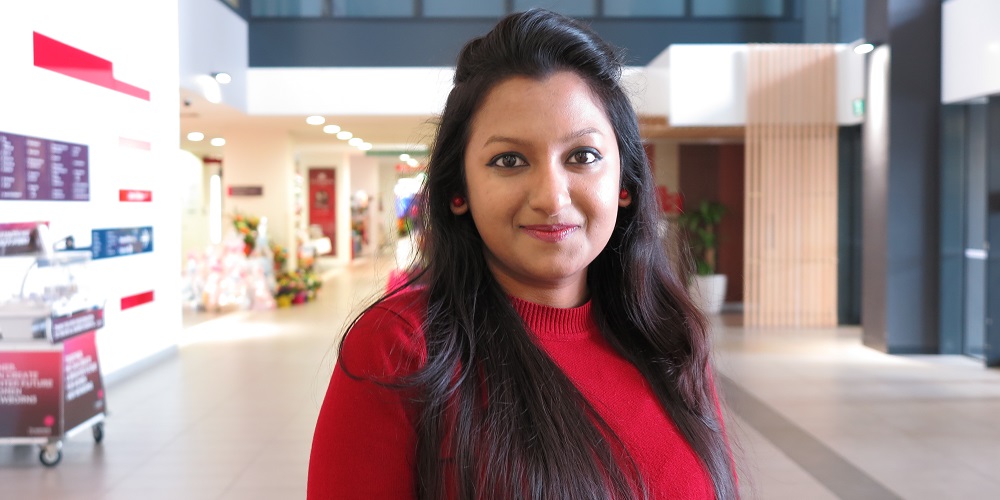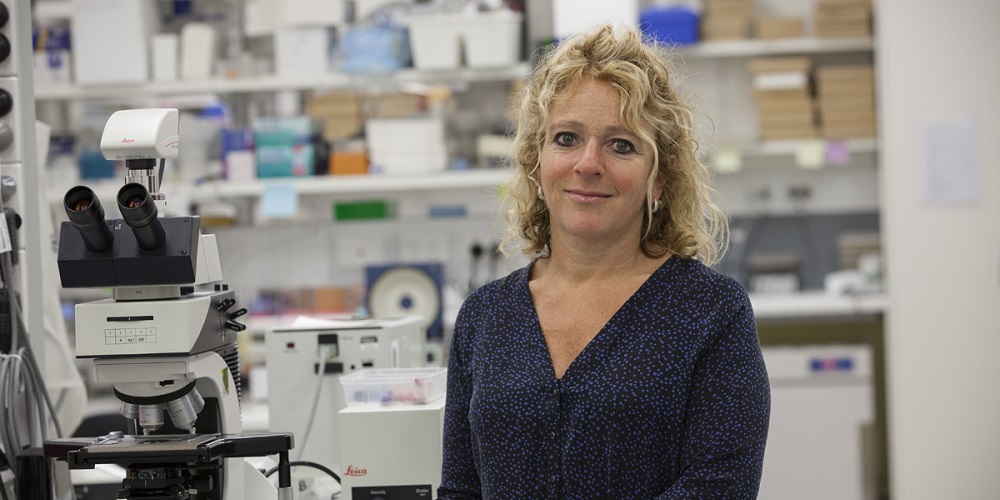
Researchers at the Women’s are developing an online infertility calculator to help breast cancer patients understand how their treatment may affect their fertility.
A side-effect of chemotherapy treatment, in some cases, can be early menopause or damage to the ovaries.
It is possible to undertake fertility preservation, including egg and ovarian tissue storage prior to treatment.
Dr Zobaida Edib, from the Royal Women’s Hospital and University of Melbourne, said concerns about fertility could influence cancer treatment decisions and subsequent pregnancies.
“Often women are faced with having to quickly make a decision about their fertility at a time when they are already dealing with a lot of information and worry associated with their cancer diagnosis,” Dr Edib said.
“It is really important that women have access regarding the risk to their fertility – and can make an informed decision about the best option for them in relation to both their fertility and cancer treatment.

“There is an unmet need for a resource to inform women of their personal risk of infertility following breast cancer treatment,” Dr Edib said.
“This tool will ultimately help patients to plan for treatment and decide whether to attempt to preserve their fertility prior to treatment for early breast cancer.”
Head of the Fertility Preservation Service at the Women’s and Melbourne IVF Prof Kate Stern said it was important that breast cancer patients received timely and accurate information relating to their fertility risks and the options available.

“Decision aids like infertility risk calculator are very useful resource to assist with informing women their precise risk of infertility. It is also extremely important for young women to have the opportunity for a consultation with a specialist in the field.
"We now have several different strategies to help optimise future fertility for women with breast cancer, including egg storage, ovarian tissue storage, and medicines to protect the eggs from potentially damaging chemotherapy”.
Dr Edib presented her team’s plans to develop the infertility prediction tool funded through a grant awarded to Dr Michelle Peate from the Department of Health and Human Services, acting through the Victorian Cancer Agency, which women would use in conjunction with their oncologist, at the Australian Society for Medical Research symposium.
Currently they are gathering data from all over the world on fertility of women in general, women with breast cancer and infertile women to design a prediction algorithm.